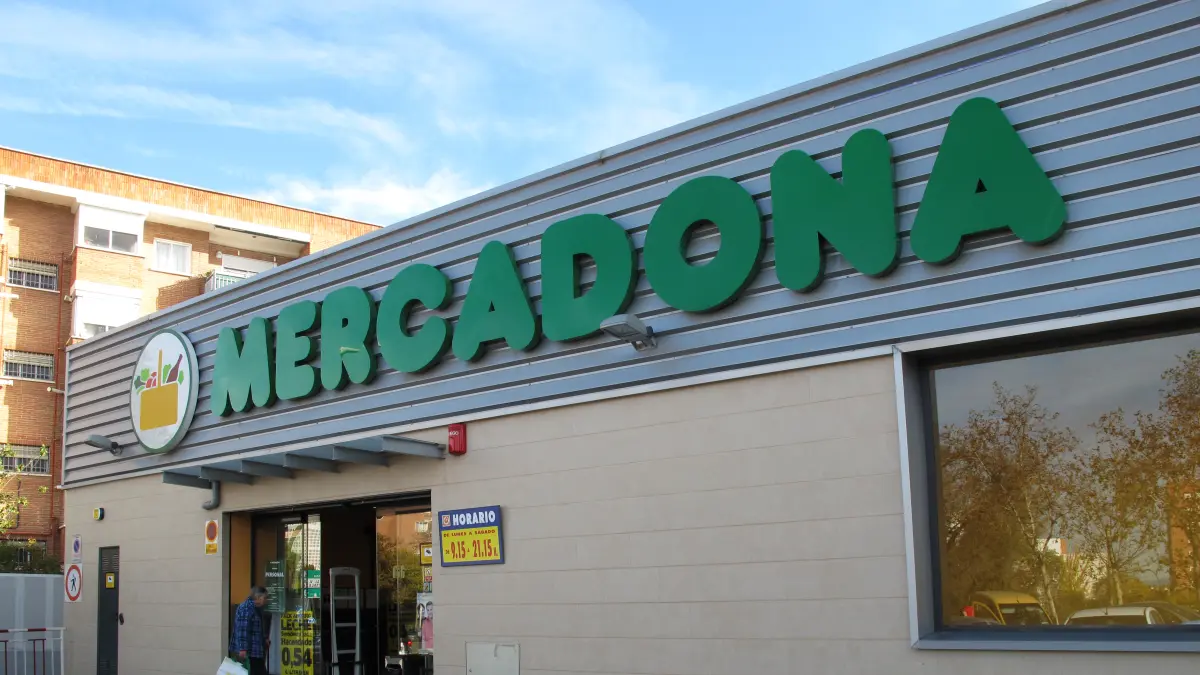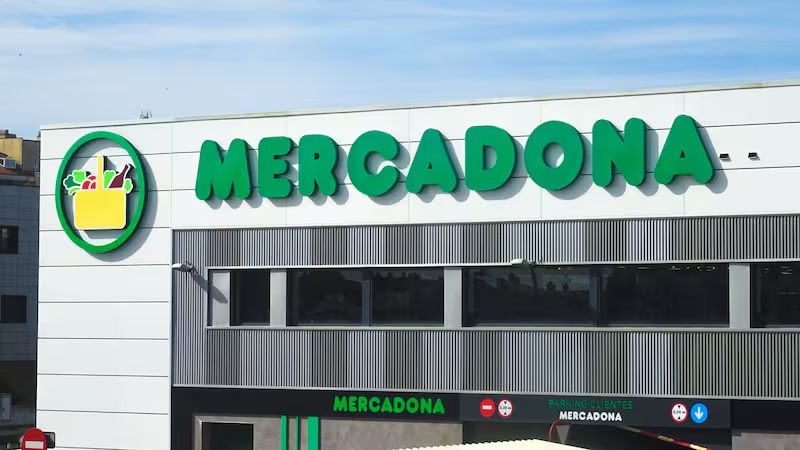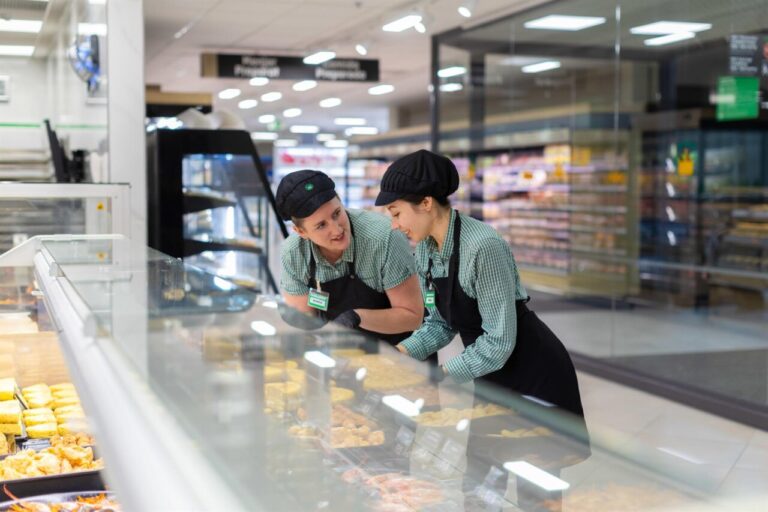In recent weeks, many Mercadona customers have noticed changes in the availability of certain types of eggs, especially those from hens raised outside cages.
The situation has raised doubts as to whether the chain has modified its production model, but the company points out that the adjustment is temporary and is directly related to the sanitary measures applied as a result of the spread of avian flu in Spain and in several European countries.
A one-off decrease due to sanitary restrictions
Avian influenza has forced restrictions on many poultry farms in the country, including the need to keep hens in controlled areas to avoid contagion.
This preventive measure affects farms that, under normal conditions, produce eggs from alternative systems, such as farms with free-range or floor-raised hens.
In the case of Mercadona, this context has temporarily reduced the availability of eggs from cage-free hens, which usually represent a majority of its supply. The company stresses that this decrease is not a change in its commercial strategy, but a direct consequence of the health situation.
Once the veterinary restrictions are lifted, the company expects to return to normal supply levels.
A long-term plan that remains in force

Despite the occasional adjustments, Mercadona maintains its goal of sourcing 100% of its fresh eggs from cage-free hens. In recent years, the chain has developed a transformation plan that involves significant investments in facilities, changes in production models and adaptation of its suppliers.
The company has already earmarked more than 200 million euros for this transition, and the forecast is for more than 400 million euros once the entire process has been completed. The planned progress is being maintained, even though part of the operations have been temporarily affected by the avian flu.
The company insists that it will resume the planned rhythm as soon as sanitary conditions allow normal activity on the farms.
What are Mercadona’s changes in the sale of eggs?
In order to guarantee future supply and reinforce the cage-free model, Mercadona continues to make progress in the implementation and expansion of facilities adapted to this production format.
Recent examples include projects of suppliers such as Huevos Guillén in Utiel, with nearly 250,000 hens in alternative systems; the farm in Gáldar, with another 100,000 hens; and several expansions in areas such as Bullas, Abárzuza or Avícola Barco, where facilities have been added that together allow reaching more than 300,000 hens in open poultry houses.
In turn, several collaborating companies are progressively transforming their combined systems to operate entirely under the cage-free model. This adaptation will reduce dependence on traditional structures and increase the stability of supply in exceptional situations such as those caused by avian influenza.










